Jazz vocalist Helen Humes’ second album on Contemporary Records, Songs I Like to Sing! was released in 1961 and is conducted by Marty Paich. Backed by musicians including Art Pepper (sax), Leroy Vinnegar (bass), Shelly Manne (drums), Barney Kessel (guitar) and Andre Previn (piano). This new edition released as part of the Acoustic Sounds Series, features (AAA) Lacquers cut from a 1/4″ flat tape copy of the original master tape by Bernie Grundman and is pressed on 180-gram vinyl at QRP, and presented in a tip-on jacket.
Helen Humes, often labeled a jazz, blues, and ballad singer, got her start in Louisville, Kentucky, singing in church choirs and dabbling in piano and organ lessons. By her teens, she was cutting records—her first session was at 14—and soon found steady gigs with local bands. After moving to Cincinnati in the mid-1930s, she landed a spot at the Cotton Club, where Count Basie caught her act in 1937 and tried to recruit her to replace Billie Holiday. She wasn’t impressed by the pay offer, though—$35 a week? “I make that here and don’t have to go no place!” she reportedly shot back.
Still, 1937 saw her head to New York City, where talent scout John Hammond heard her with Sears’s band and got her recording with Harry James’s big band. By March 1938, Hammond had convinced her to join Count Basie’s Orchestra, where she held court for four years.
Back in Louisville in 1942, Helen Humes got a call from John Hammond inviting her to sing at New York’s Café Society. There, she held court alongside pianists Teddy Wilson and Art Tatum, while also hitting spots like the Three Deuces, the Famous Door with Benny Carter, and the Village Vanguard with Eddie Heywood. She even toured with trombonist Ernie Fields’ big band that year.
Humes had already walked away from the Count Basie Orchestra by then—not because of drama, but because she couldn’t stomach the endless travel and the mind-numbing routine of singing the same set night after night.

In 1944, she moved west to Los Angeles, cutting records and lending her voice to movie soundtracks like Panic in the Streets and My Blue Heaven. She even appeared in Dizzy Gillespie’s musical film Jivin’ in Be-Bop and spent five seasons touring with Jazz at the Philharmonic.
Her biggest hits came in the form of jump blues jams like “Be-Baba-Leba” (R&B #3 in 1945) and “Million Dollar Secret” (R&B #6 in 1950)—though “Be-Baba-Leba” had its fair share of drama since Tina Dixon had the original copyright but Humes’s version stole the spotlight.
Despite the chart success, her career slowed down in the late ’40s and ’50s, recording occasionally with names like Nat King Cole but nowhere near the hustle of her earlier years. She did record Benny Carter’s “Rock Me to Sleep” in 1950, showing she could bridge the gap between big-band swing and R&B without breaking a sweat.
One of the high points of Helen Humes’ career, this Contemporary Records release showcases her remarkable range and presence, especially on tracks like “If I Could Be With You,” “You’re Driving Me Crazy,” and “Million Dollar Secret.” Her singing features a crisp phrasing that often reminds me of Ella Fitzgerald’s effortless style. The album proves just how true it is that Humes could handle superior songwriting with a great band behind her. Underrated and definitely worth checking out—helluva voice.
Craft and Contemporary have done a remarkable job here. The sound is punchy, fast, and very clean, with just enough warmth to push Humes front and center, cutting through the instrumentation with ease.
Where to buy: $29.97 at Amazon
Related Reading:
- Buddy Guy This Is Buddy Guy! & Scrapper Blackwell Mr. Scrapper’s Blues Vinyl Reviews: All-Analog Mastering, 180-Gram Pressings
- Craft Recordings and Bluesville Records Announce Jimmy Reed and Reverend Gary Davis Vinyl Reissues
- Bluesville Records and Craft Recordings Kick off 2025 with Lonnie Johnson and Mississippi John Hurt Vinyl Reissues
- Craft Recordings Honors The Blues With the Launch of Bluesville Records

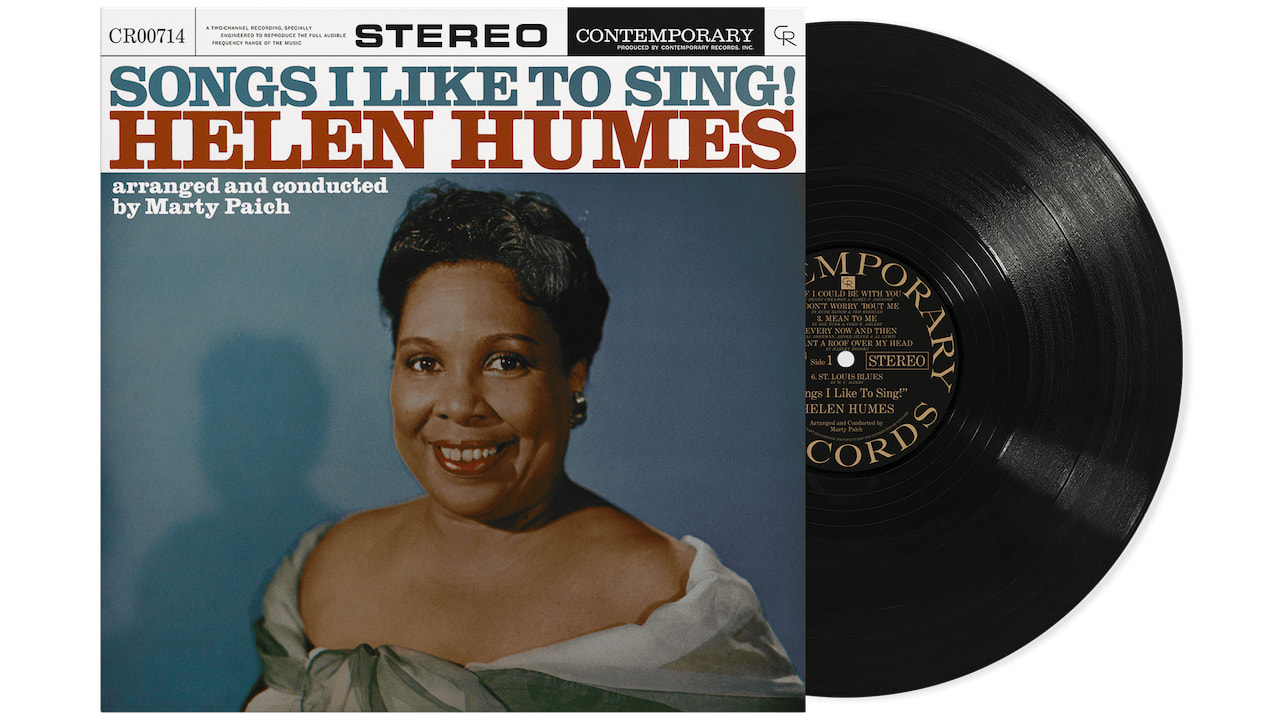







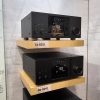
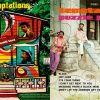


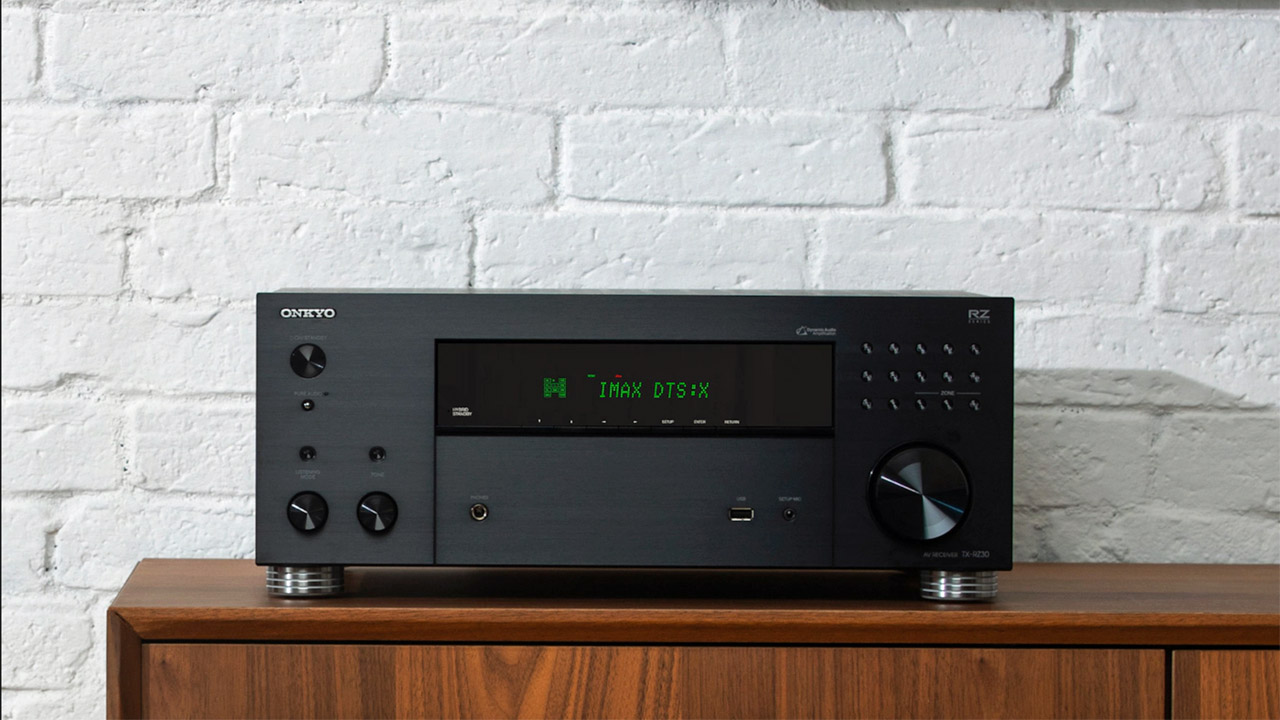
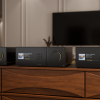











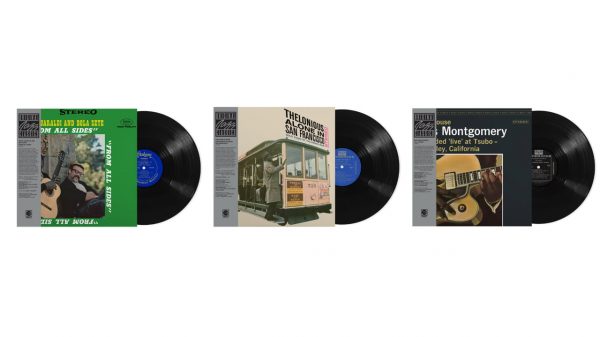
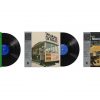
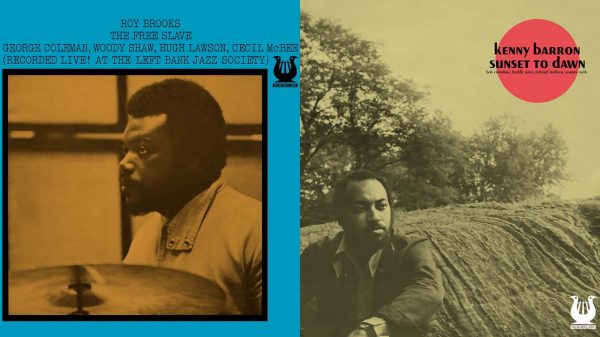
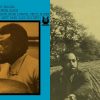
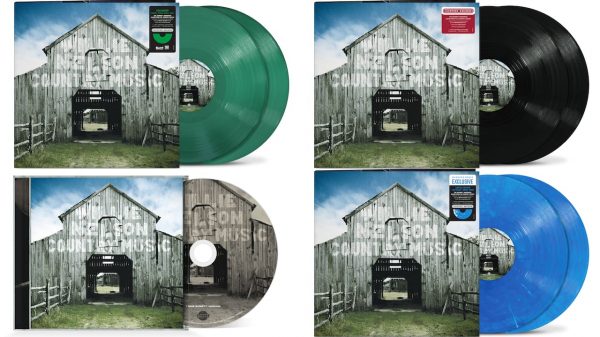
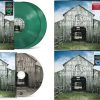




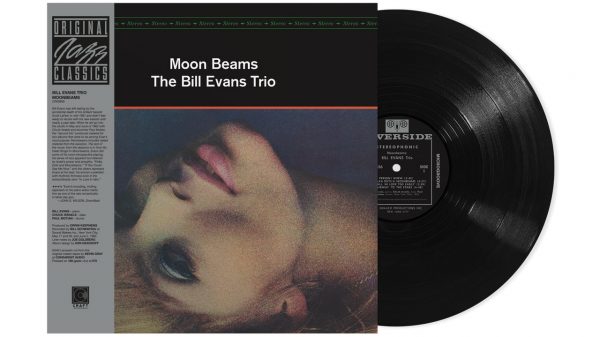



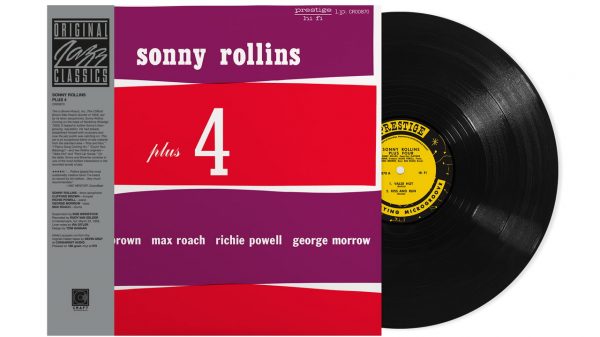
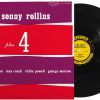











Anton
May 25, 2025 at 1:26 pm
Never heard of her until this review. Just listened on Qobuz and she’s a powerhouse. How do most people not know about her?
Ian White
May 25, 2025 at 2:19 pm
Anton,
She died in her sixties and kinda disappeared to look after her family based on what I read. She had enormous range as a performer and never really loved the material she was given and that says a lot considering she quit a paid gig with the Count Basie Orchestra. I found her on Qobuz before Craft/Contemporary reissued the album and she doesn’t have a huge discography. Marvellous singer.
IW